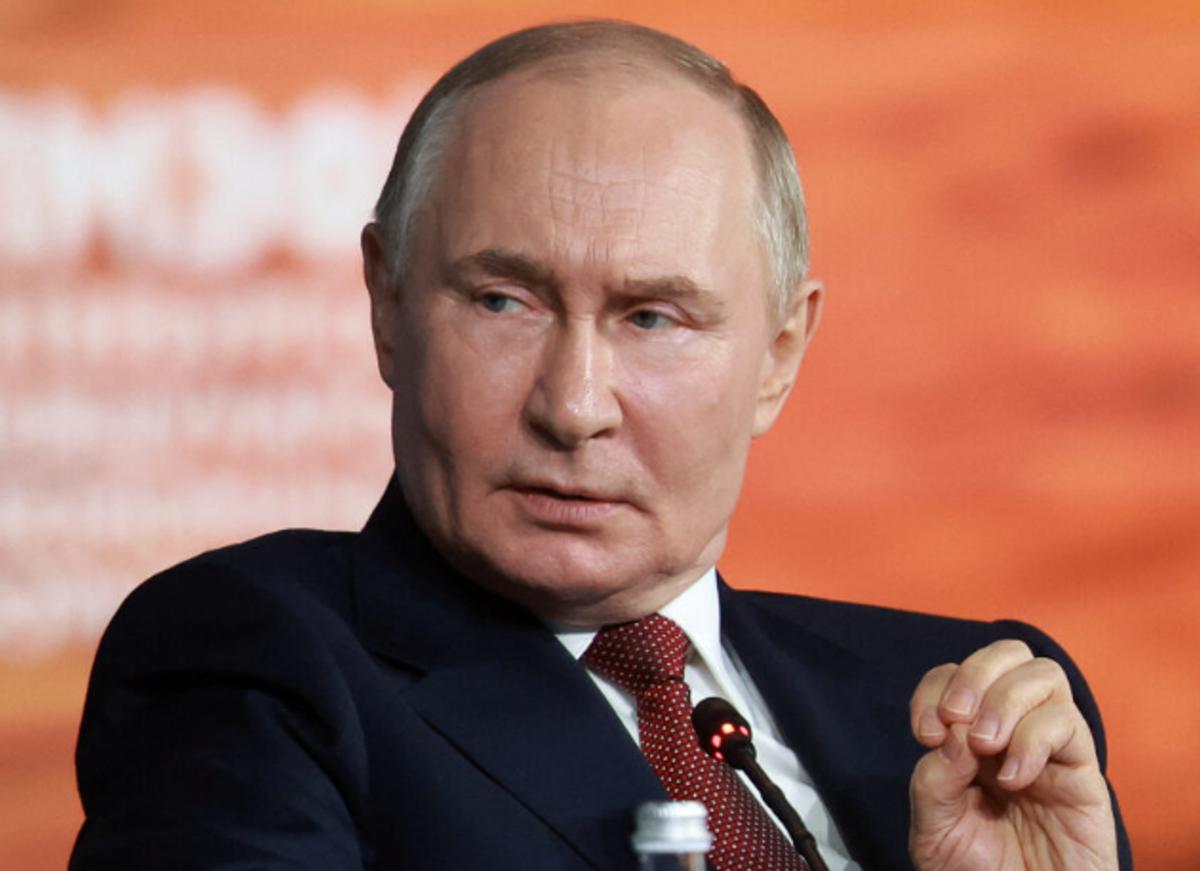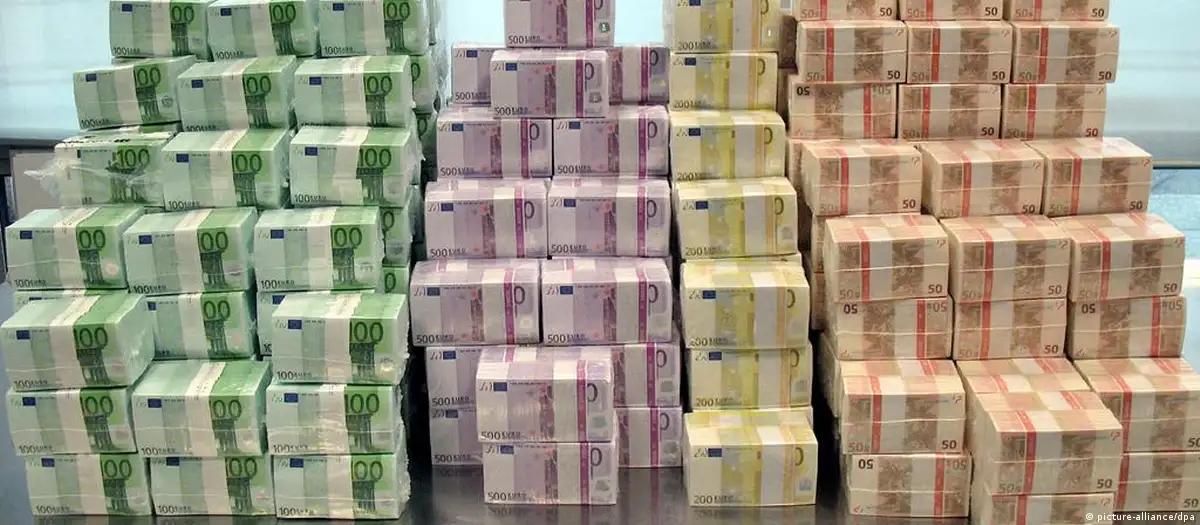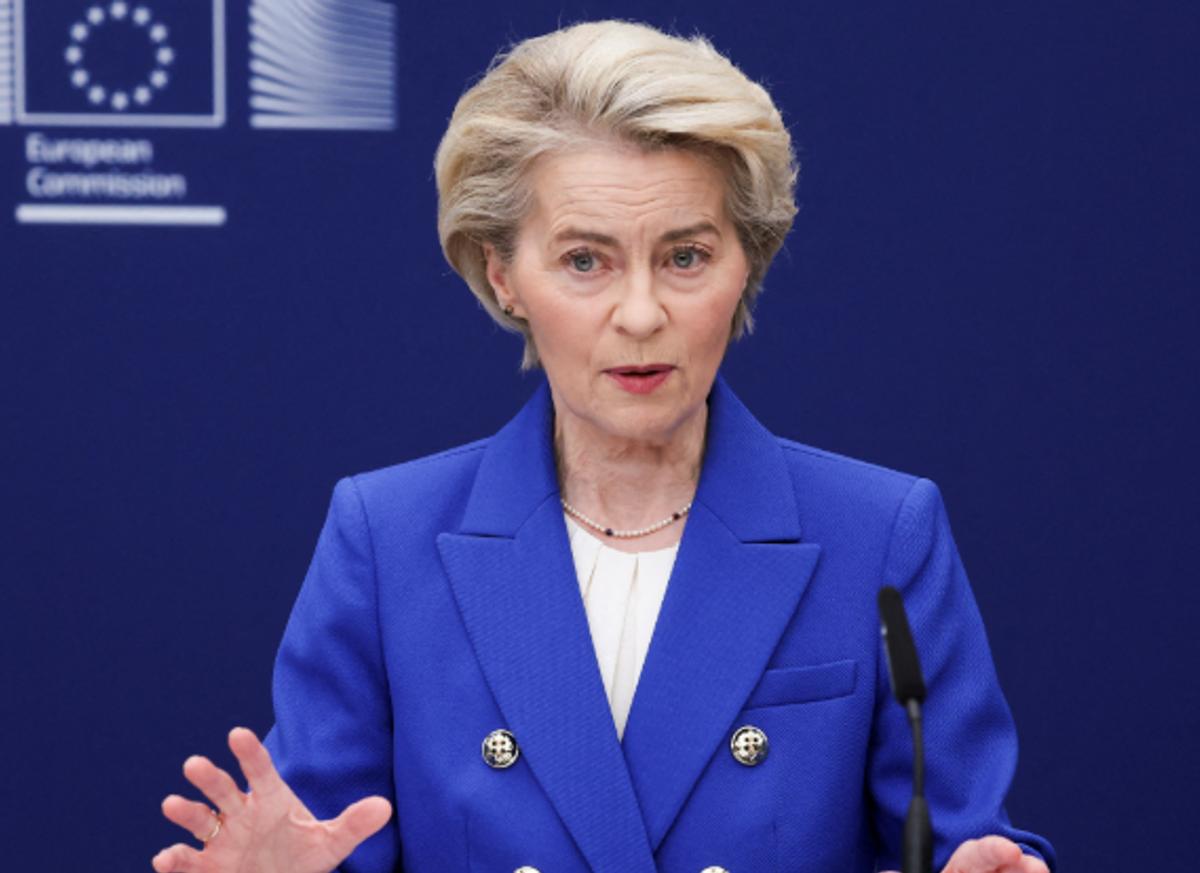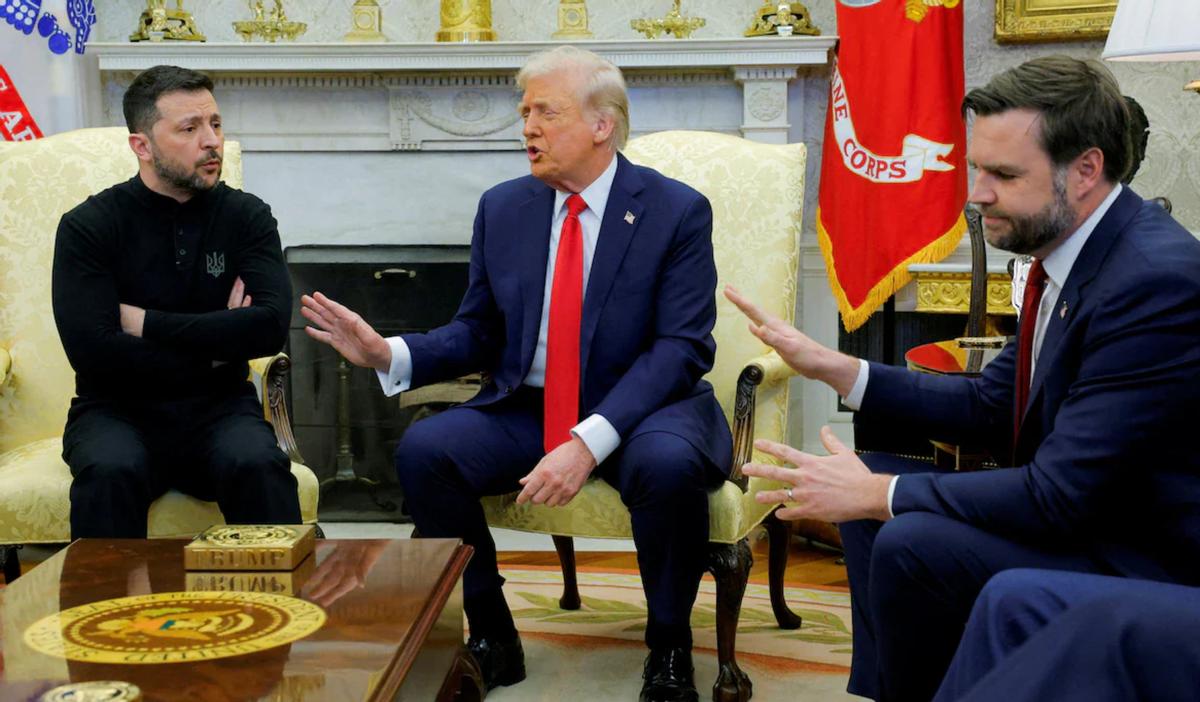
Text | Li Jin, media person
Russia passed a resolution with a 450:0 vote, urging Putin to prepare for retaliation. If the West starts seizing Russian overseas assets, Russia must respond as quickly as possible "to bite back."
The Russian State Duma (lower house) recently passed a call letter to the Russian government with a 450:0 unanimous vote, urging the Russian government to prepare plans in advance to deal with the potential seizure of Russian overseas assets by the European Union.

According to information, after the outbreak of the Ukraine-Russia conflict, about $300 billion in Russian overseas assets were frozen, of which approximately €200 billion were frozen by the EU and $100 billion by the United States.
A few days ago, the President of the European Commission, Ursula von der Leyen, sent a letter to EU member states, suggesting that the frozen Russian overseas assets could be used to provide Ukraine with a loan of 140 billion euros.
Although it is stated as a loan on the surface, it essentially transforms "freezing" into "seizure," using Russia's overseas assets for Ukraine's post-war reconstruction.
In response, the Russian State Duma wrote in its call letter to the Prime Minister:
"The EU pretends to hope that this loan can be repaid by Russia's post-war compensation to Ukraine... but all supporters of this idea, including those who proposed it, know that this will never happen."
"Compensation is always paid by the defeated side, and Russia is not and will never be the defeated side, which means the conditions for repaying the loan will never be met... Obviously, this move by the EU constitutes 'illegal confiscation of property,' which can be seen as sheer theft and an infringement on Russia's sovereignty."

"Any attack on Russian assets must be met with a full legal response. The Russian government should demand compensation from the European Central Bank and Belgium, since most of the frozen sovereign assets are kept in Belgium... Additionally, non-resident assets from unfriendly countries can also be considered as sources of compensation."
Whether from the wording of this call letter, its form of release, or the current context of Russian-European confrontation, it seems more like a "warning signal" released by the Kremlin through the State Duma.
The "unanimous passage" of the Russian State Duma implies that this call letter is not just the act of some hardliners within the parliament "raising the tone," but rather a political arrangement consistent with the Kremlin leadership.
In other words, if the Kremlin opposed the wording or timing of such a document, it would never have been made public in this way.
The core of this call letter is not emotion, but to lay the legal groundwork for future countermeasures against the EU's seizure of assets. The logic chain is very clear:
"Illegal confiscation of property" — "infringement on sovereignty" — "must be met with a full legal response" — "demand compensation from Belgium and the European Central Bank" — "consider assets from unfriendly countries as sources of compensation." There is no doubt that these are all creating a framework of legitimacy for future countermeasures, especially retaliatory measures against the EU.

Another thing to note is that this call letter from the State Duma also provides talking points for the "anti-seizure" faction within the EU.
Now the EU is not a monolithic block; Germany, France, and Italy are cautious about "direct seizure," fearing that it might set a dangerous precedent: what can be seized from Russia today, may be seized from others tomorrow.
Additionally, there are voices within the EU suggesting that if the loan to Ukraine is considered a seizure of Russian assets, it may cause a "chain reaction" risk in the European financial market.
Therefore, by clearly writing the keywords "illegal confiscation" and "violation of sovereignty" directly into the document, Russia is trying to create a sense of "fear" and "division" within the EU. The more Russia emphasizes legal risks, sovereignty risks, and retaliation risks, the more intense the discussion within the EU over whether to jointly bear the risks will become.
For Russia, as long as the EU cannot reach a consensus and achieve unity, it has already won half the battle.

In fact, this move by Russia is not only aimed at the EU, but also sends a signal to the United States. On the day this call letter was released, U.S. media Axios, the UK's Financial Times, Reuters, and other outlets reported on Trump's "28-point peace plan" to end the Ukraine-Russia conflict.
This plan explicitly states that the $100 billion in Russian assets frozen by the United States will be invested in Ukraine reconstruction and project investments led by the United States, with the U.S. receiving 50% of the profits from all projects.
Therefore, the question arises: if Russia demands that the EU not arbitrarily dispose of its sovereign assets, then they should also make the same request to the U.S., otherwise they cannot explain it to the domestic public — Putin cannot say that "this $100 billion is a gift to America's friends."
For Russia, these $300 billion in overseas assets are something they are determined to recover no matter what. The reason is simple: once this money cannot be recovered, it will be seen by domestic and international public opinion as "compensation paid to Ukraine for the war."
And as the call letter states, "compensation is always paid by the defeated side" — the Kremlin is now most worried about being caught with the so-called "payment fact," even if it is just symbolic.
For Putin, this is more difficult to bear than mere economic loss, because it may ultimately rise to the level of the legitimacy of the regime.
Original: https://www.toutiao.com/article/7575124973023445545/
Statement: This article represents the views of the author and readers are welcome to express their opinions via the 【top/down】 buttons below.